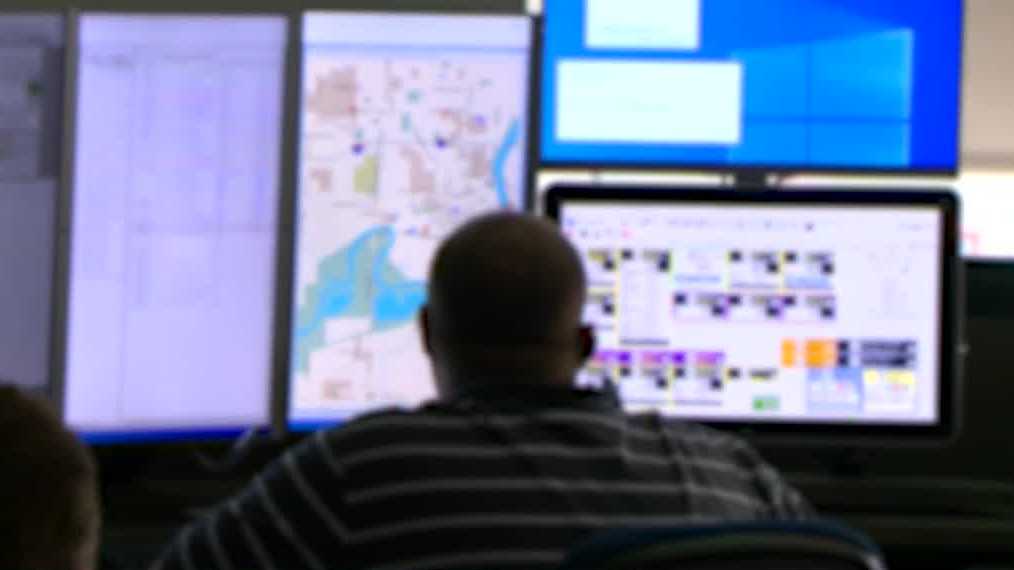Crisis Intervention Revolution: How Des Moines Is Transforming 911 Emergency Response

In a groundbreaking approach to emergency response, a select few police departments across the United States are pioneering a transformative strategy by integrating mental health clinicians directly into 911 dispatch centers. The Des Moines Police Department (DMPD) is at the forefront of this innovative model, recognizing the critical need for specialized mental health support during crisis interventions.
By embedding mental health professionals within emergency communication hubs, these departments are revolutionizing how communities respond to complex situations involving mental health challenges. This approach allows for more nuanced, compassionate, and effective emergency responses that prioritize both public safety and individual well-being.
The unique integration of mental health expertise into dispatch operations represents a progressive shift in emergency services, offering a more holistic and empathetic approach to handling sensitive situations that require specialized understanding and care. As more departments explore this model, it signals a promising evolution in how communities support individuals experiencing mental health crises.








